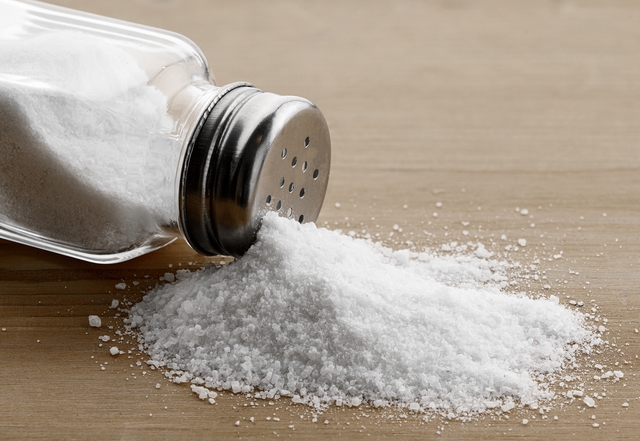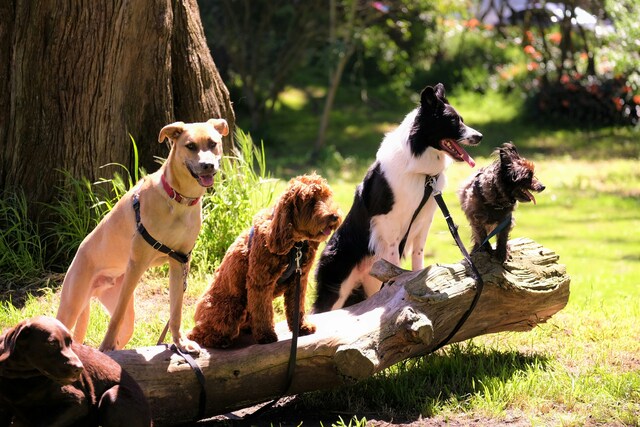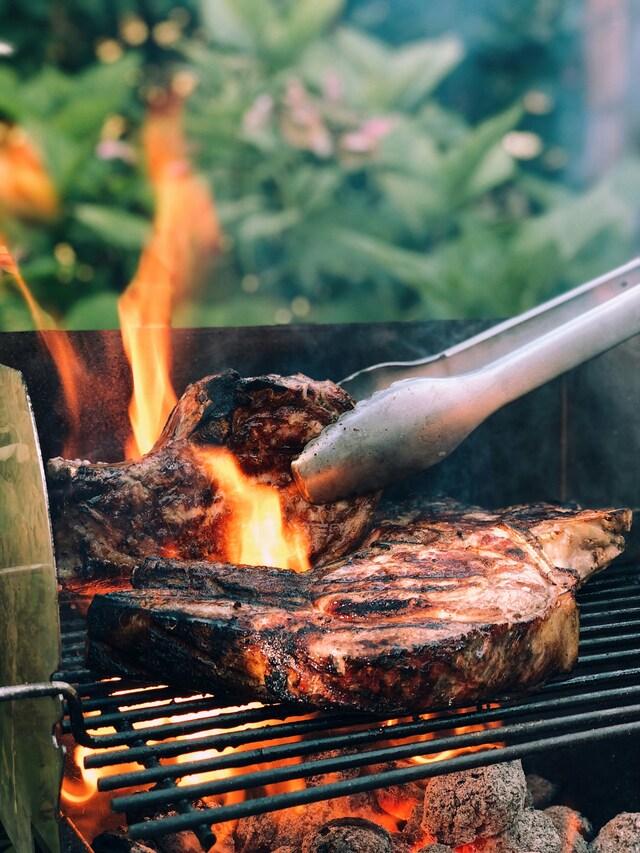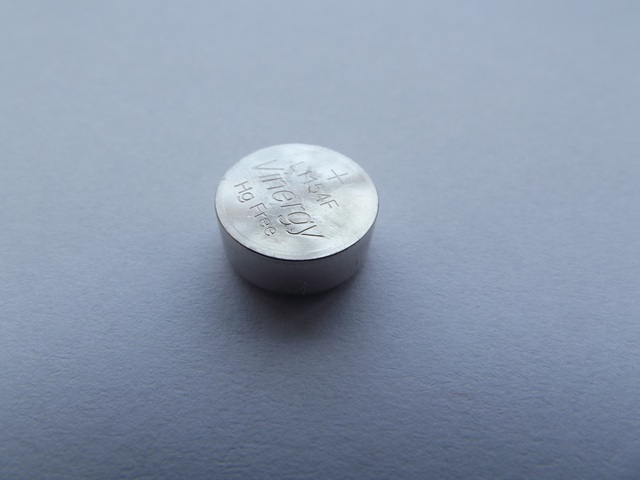A wedge-tailed eagle in distress was rescued in Monbulk on Friday 14 February, by a dedicated team of volunteers from Vets for Compassion.
The bird had been grounded and was struggling to fly, prompting a call to the organisation’s rescuers.
Vet for Compassion’s photographer and rescuer Jacquie Withers was one of the first to respond to the scene.
Upon arrival, she carefully kept an eye on the eagle, ensuring it stayed put while awaiting help – Carol Seeger from the Emerald Wildlife Shelter, along with Narida, Anita, and Tash from Vets for Compassion, joined her soon after.
A vet from Vets for Compassion joined the rescue to assess and provide on-site treatment if needed, arriving alongside Narida.
Together, they worked swiftly and safely to capture the eagle using nets and blankets, minimising stress for the animal.
The eagle was then transported to the Australian Wildlife Health Centre at Healesville Sanctuary, where expert vets and nurses began providing crucial care.
The founder and chief executive officer of Vets for Compassion Elaine Ong explained the importance of the organisation’s role in situations like this.
“We’re filling a critical gap that no one else seems able to address. Many other organisations, including the police or councils, aren’t equipped for this kind of wildlife rescue, and that’s where we come in,” Ms Ong said.
“We have the training, experience, and resources to humanely capture animals in distress, provide the immediate care they need, and get them to places where they can recover. It’s vital work, and without us, a lot of these animals would just be left to suffer.”
“It’s incredibly hard, emotionally and physically, to see so many animals in pain, but knowing we can make a difference, even if it’s just for one animal, makes it all worthwhile.”
Healesville Sanctuary Veterinarian Sarah Panigas said the eagle arrived in a very poor state.
“It was extremely weak and emaciated, but no physical injuries were found. However, the bird did have oral candidiasis, a fungal infection in the mouth, and was anaemic, with an elevated white blood cell count,” she said.
“Fortunately, with proper care, the fungal infection was treated, and the bird’s bloodwork began to improve.”
Ms Panigas said the eagle’s recovery has been steady, with the bird becoming brighter, eating on its own, and gradually regaining weight. While there’s still a long way to go before the bird can be safely released back into the wild, she is optimistic about its progress.
“The eagle has shown good improvement over the past week, but we still have some time ahead before it’s ready for release,” she said.
“Once it regains strength and weight, we will begin flight training in the Raptor Rehabilitation Centre, which will be a crucial step before it can return to the wild.”
Despite the emotional challenges of wildlife rescue, the volunteers at Vets for Compassion remain committed to their mission.
“The work we do is tough, and it’s not always successful – unfortunately, not every animal can be saved. But when we do manage to help, when we get a bird like this eagle back on its feet, it makes all the hard work feel worth it,” Ms Withers said.
“It’s also incredibly rewarding to be part of a team that is so passionate and dedicated. Everyone, from the vets to the rescuers to the photographers, is there because they want to make a positive impact.”
“It’s not easy, especially as we’re all volunteers and juggling full-time jobs and personal lives, but when you see the change you’re making, it really motivates you to keep going.”
Vets for Compassion relies entirely on donations from the public to fund their vital work. From rescuers to photographers like Jacquie, every volunteer plays a crucial role in saving wildlife across Melbourne.
“If people could just remember that we are a completely volunteer-run organisation, it would mean the world to us,” Ms Withers said.
“We don’t get paid for what we do, and many of us work full-time jobs in other areas. But it’s the passion for helping animals that keeps us going. We couldn’t do this without the generosity of the public, and every donation, no matter how small, helps us keep saving lives.”
If you see injured wildlife in Monbulk or anywhere else, don’t hesitate to report it – it could make all the difference.
For more information about Vets for Compassion or to make a donation, visit their Facebook page at Vets for Compassion or website. Your support is what makes these rescues possible.











